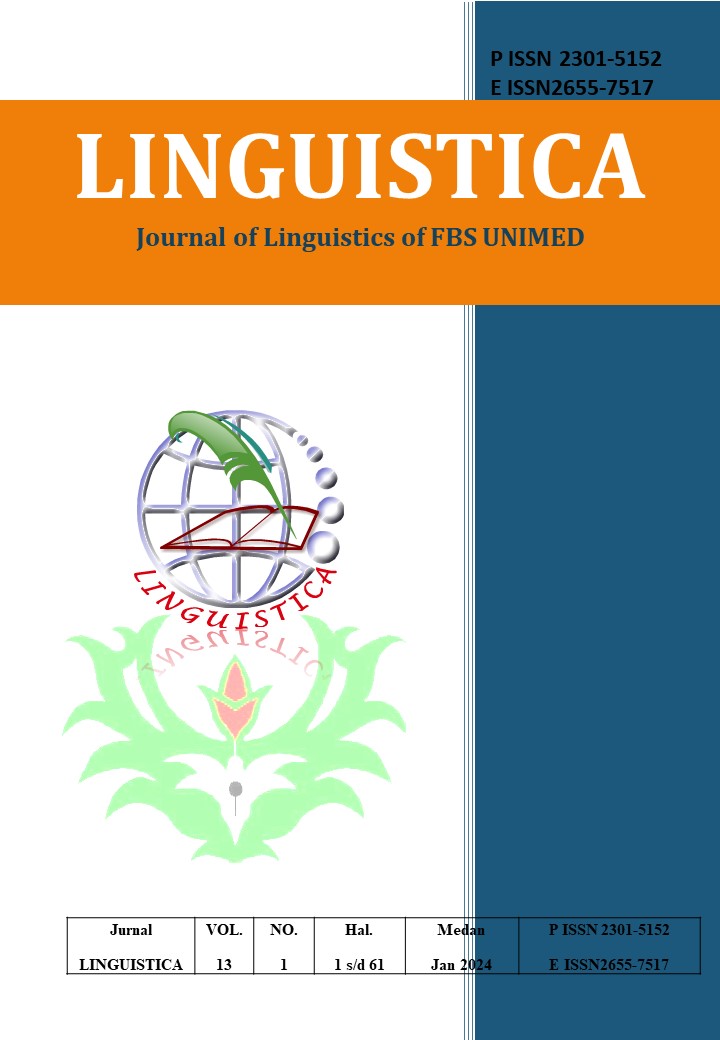THE DEMARGINALIZATION OF FEMALE DISCOURSES: ON THE INTERSECTIONAL DISCRIMINATIONS AGAINST WOMEN IN THE HELP
DOI:
https://doi.org/10.24114/jalu.v13i1.56472Abstract
This paper aimed to examine the unfair treatment and inequality among women by using and assessing the racial, class, and gender perspectives. It also demonstrated the intersectional discrimination against women, and how it brought the oppression and subordination of women in the private and public spheres, which can be characterized as violations of basic human rights and obstacles to the attainment of women™s equality, development, and integrity. In order to further demonstrate the intersectional discrimination against women, the researchers took The Help as a case study to compare various oppressive situations of White middle-class and African-American women and depict how the multiple and overlapped forms of oppression and structural discrimination should be taken into consideration to address the intersectional discriminations against women, particularly African American women. This study adopted latent-content analysis, including primary and secondary resources, as a qualitative method to facilitate analysis of underlying content. The study further concentrated on the diverse perspectives of women to observe various forms of discrimination and examine how the intersectionality of race, class, and gender affects their experiences and conditions of being discriminated. While reflecting upon the discrimination and oppression of the underprivileged genders, races and social classes, readers may manage to deconstruct the œintersectionality and better empathize with those who are marginalized.Downloads
Published
2024-03-03
Issue
Section
Articles
License
Copyright (c) 2024 HUNG-CHANG LIAO, YA-HUEI WANG

This work is licensed under a Creative Commons Attribution-ShareAlike 4.0 International License.
Authors who publish with this journal agree to the following terms:
- Authors retain copyright and grant the journal the right of first publication with the work simultaneously licensed under a Creative Commons Attribution License that allows others to share the work with an acknowledgment of the work's authorship and initial publication in this journal.
- Authors are able to enter into separate, additional contractual arrangements for the non-exclusive distribution of the journal's published version of the work (e.g., post it to an institutional repository or publish it in a book), with an acknowledgment of its initial publication in this journal.
- Authors are permitted and encouraged to post their work online (e.g., in institutional repositories or on their website) prior to and during the submission process, as it can lead to productive exchanges, as well as earlier and greater citation of published work (See The Effect of Open Access).
- This work is licensed under a Creative Commons Attribution-ShareAlike 4.0 International License.

